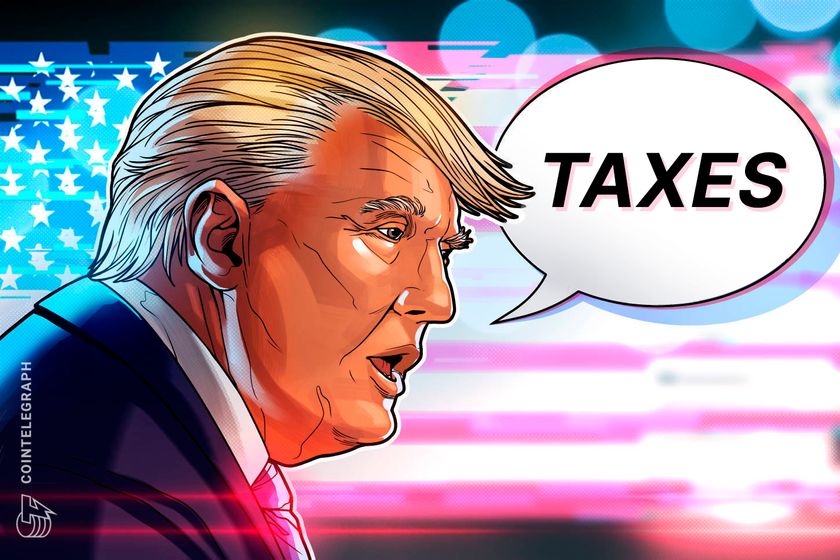The new custody service will be just the latest in the bank’s new digital asset and AI activities.
Coinbase presses to axe rule banning SEC staff from holding crypto
Coinbase has urged the US Office of Government Ethics to remove a rule banning Securities and Exchange Commission staff from holding crypto.SEC staff need to use crypto to better understand how it works and the best way to regulate it, Coinbase chief legal officer Paul Grewal argued in open letters sent to OGE acting director Jamieson Greer and newly sworn-in SEC Chair Paul Atkins, which he shared to X on April 25.“To regulate technology, you need to understand it. To understand technology, you need to use it,” Grewal said in the letter to Greer.“Permitting commission staff to hold crypto is essential to them developing the knowledge necessary to propose and adopt workable regulatory frameworks for digital securities activity,” he added.Source: Paul GrewalLegal Advisory 22-04, issued on July 4, 2022, by the OGE, prohibits SEC staff from buying, selling, or otherwise using crypto and stablecoins because they are not “publicly traded securities” and don’t qualify for an exception, unlike stocks. SEC needs waivers for staff Grewal said US President Donald Trump directed the SEC and other agencies to submit recommendations for crypto regulations due in around 90 days, and SEC “staff still cannot use the technology on which they are making recommendations.”He echoed a similar sentiment in his letter to Atkins and crypto-friendly SEC commissioner Hester Peirce, arguing being unable to hold crypto is a roadblock for the agency’s Crypto Task Force in creating a regulatory framework. Source: Paul GrewalWhile it’s up to OGE to rescind the advisory, the SEC should take its own action, Grewal said. “For example, issuing waivers to crypto task force members and other staff actively working on task force matters would be consistent with measures already taken in commensurate advisory situations,” he said.Related: Coinbase files FOIA to see how much the SEC’s ‘war on crypto’ costGrewal added that a waiver would allow SEC staff on the Crypto Task Force responsible for creating crypto regulations to use crypto and “evaluate the underlying digital asset technology.”Former SEC Chair Gary Gensler, who took office in 2021, was known for his hardline stance on crypto regulation. He resigned on Jan. 20 after spearheading an aggressive regulatory stance toward crypto, bringing upward of 100 regulatory actions against firms. Following Gensler’s exit, the SEC opted out of a swathe of lawsuits against crypto firms, including Coinbase, on Feb. 27 and, in a more recent April 24 walkback, flagged plans to drop its enforcement against blockchain firm Dragonchain. Magazine: Bitcoin $100K hopes on ice, SBF’s mysterious prison move: Hodler’s Digest, April 20 – 26




